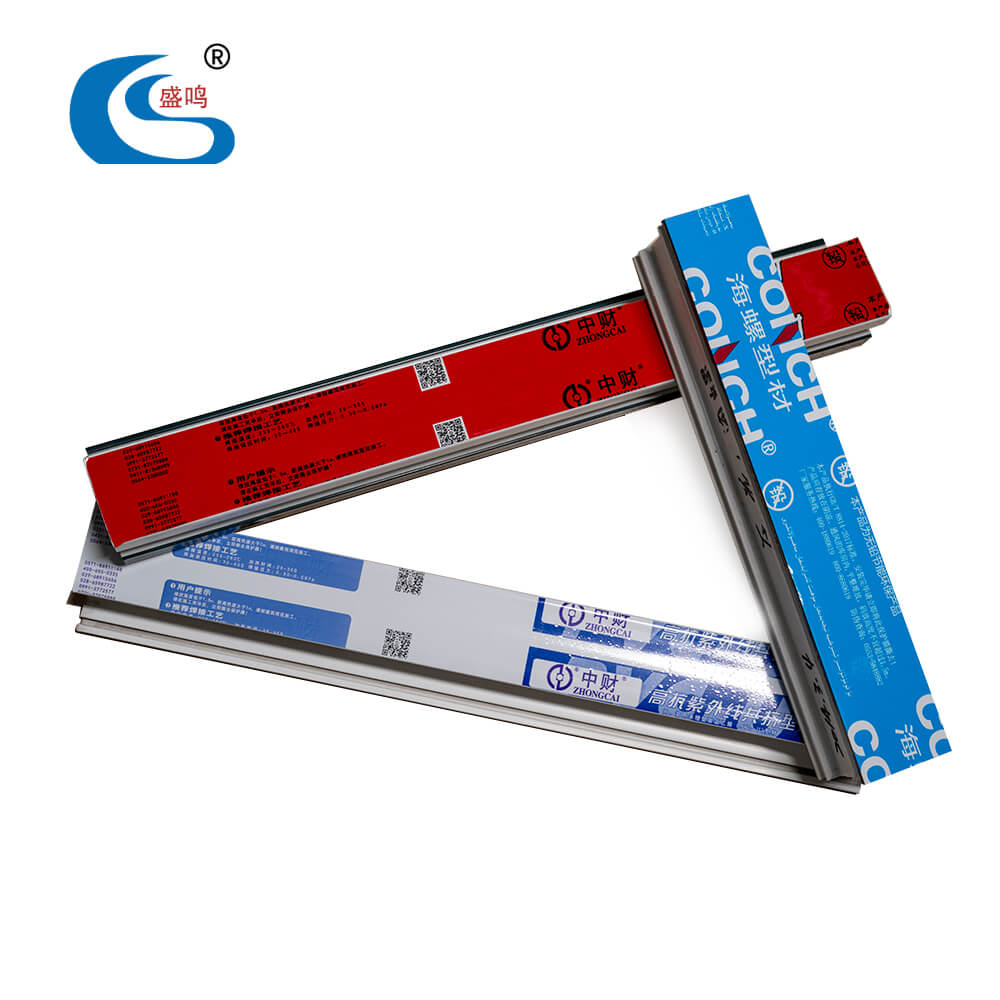Application of rosin resin in acrylic pressure-sensitive adhesive
Rosin resins are widely used in acrylic pressure-sensitive adhesives to adjust the properties and characteristics of pressure-sensitive adhesives. Rosin resin is a natural resin with viscous and adhesive properties that can be used as an additive in pressure-sensitive adhesives to affect properties such as adhesion, plasticity, viscosity, and temperature resistance.
Here is some information about the use of rosin resins in acrylic pressure-sensitive adhesives:
Adhesion enhancement: Rosin resin in acrylic pressure-sensitive adhesive can enhance the adhesive’s adhesion properties, making it better attached to a variety of surfaces, including different types of substrates.

Increased plasticity: The addition of rosin resin can increase the plasticity of the pressure-sensitive adhesive, making it easier to adapt to different shapes and surfaces, thereby improving the applicability of the tape.
Adjust viscosity: Rosin resin can affect the viscosity of the pressure-sensitive adhesive, by adjusting the amount of resin added, you can control the fluidity and viscosity of the adhesive, to adapt to different application needs.
Temperature and chemical resistance: The addition of rosin resin can improve the temperature and chemical resistance of the pressure-sensitive adhesive so that it can maintain stability under different temperatures and environmental conditions.
Control of adhesive properties: Rosin resins can be used with other additives, such as viscosities, thinners, etc., to adjust the properties of the adhesive and achieve the desired properties.
Environmental friendliness: Rosin resin, as a natural resin, usually has a certain environmental friendliness and can play an active role in the preparation of environmentally friendly pressure-sensitive adhesives.
In short, the application of rosin resin in acrylate pressure-sensitive adhesives can be adjusted according to different application requirements to achieve the required adhesion properties, plasticity, viscosity, temperature resistance, and other characteristics. The use of this additive requires testing and optimization in the laboratory to ensure that a high-quality pressure-sensitive adhesive is prepared to meet the needs of the specific application.
If you are interested in our products, please feel free to contact us.

Leave a Reply
Want to join the discussion?Feel free to contribute!